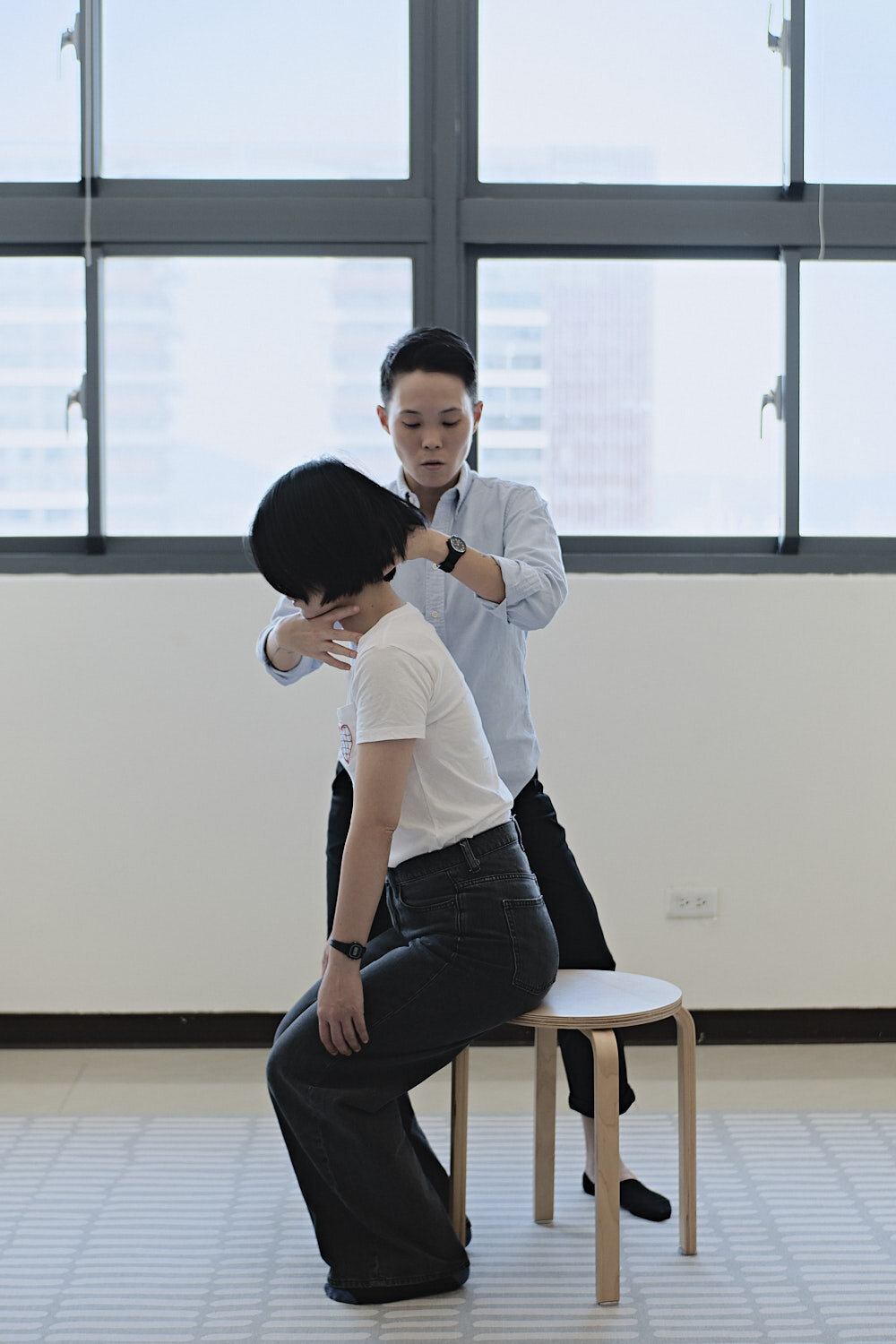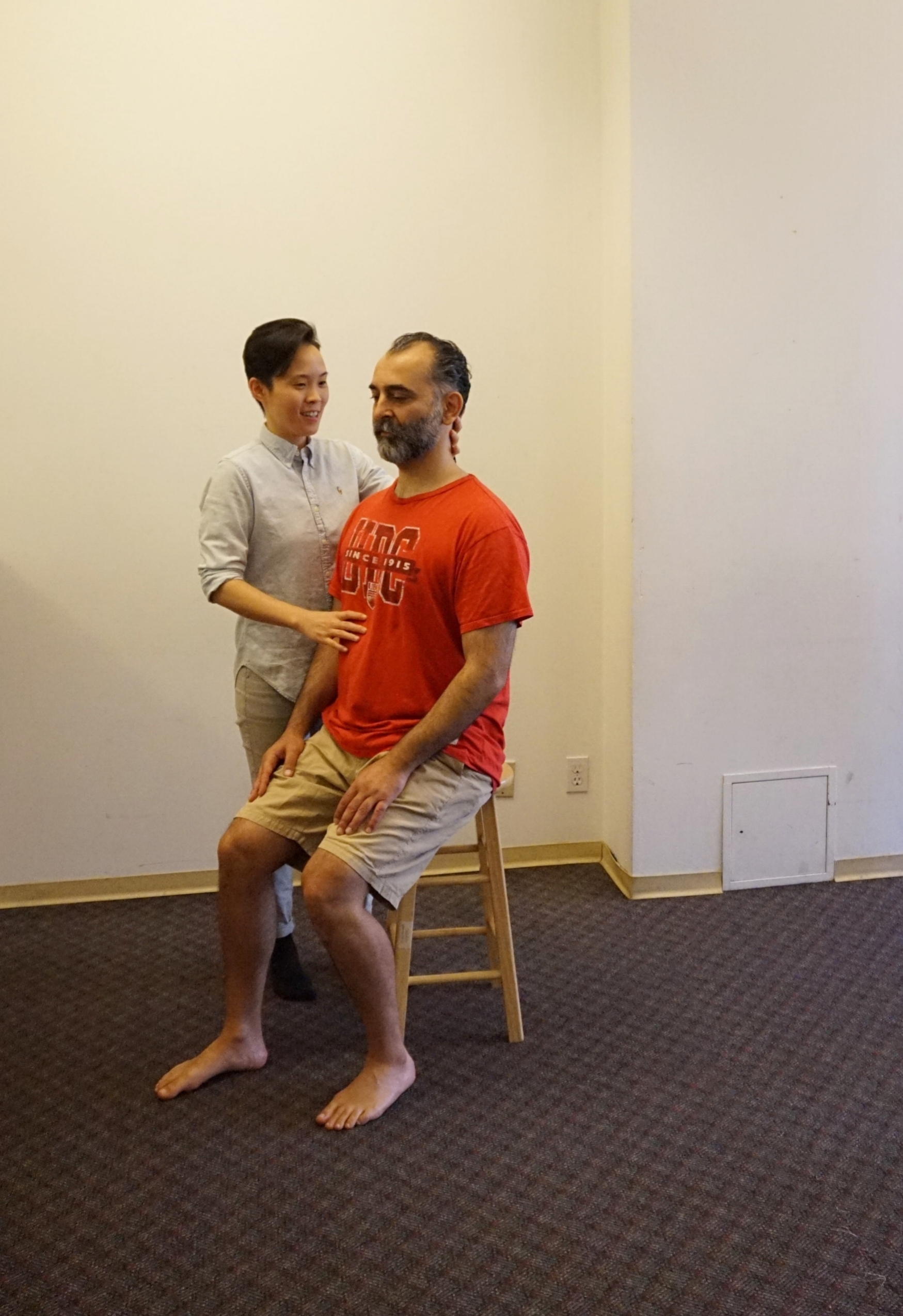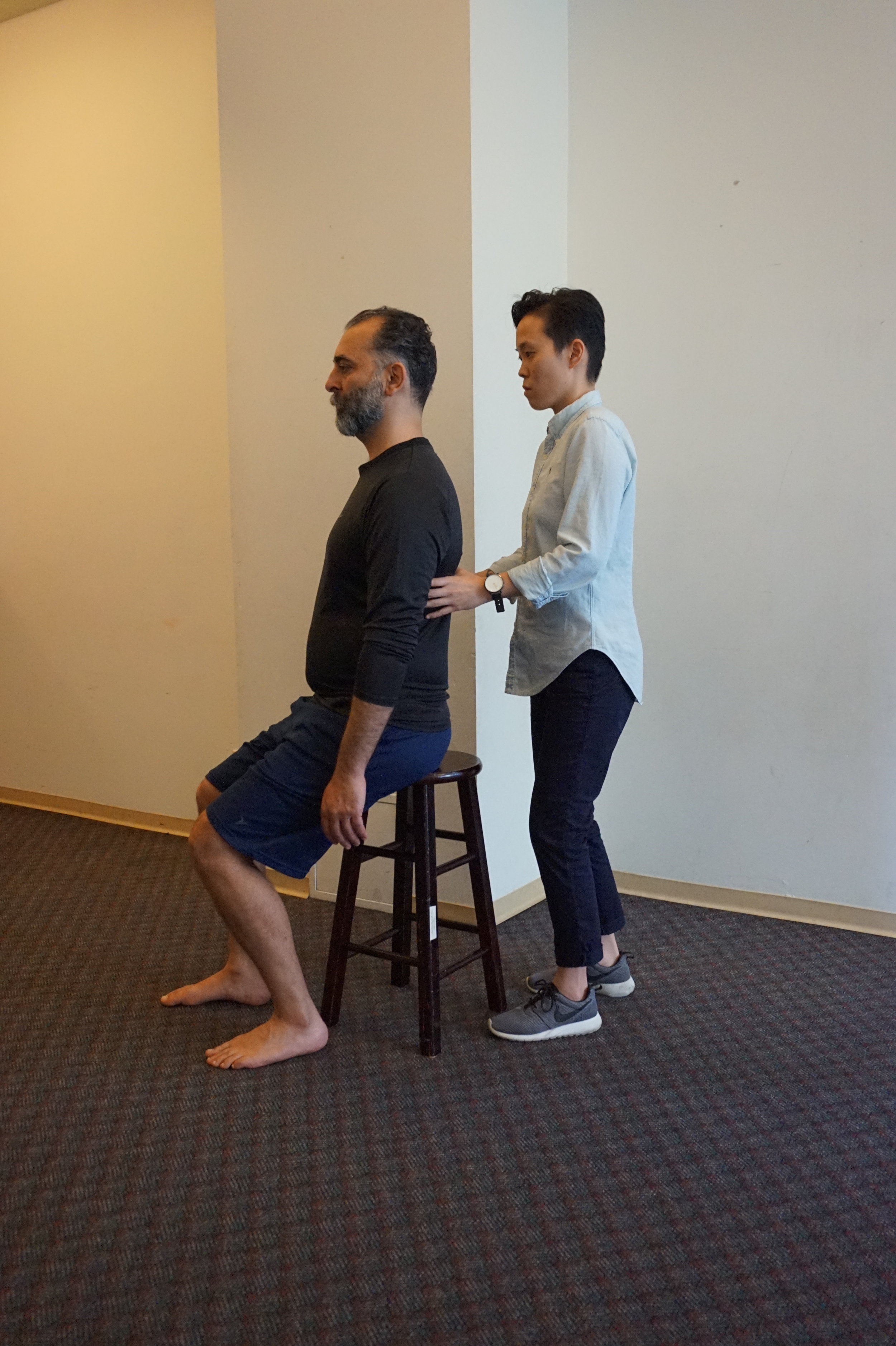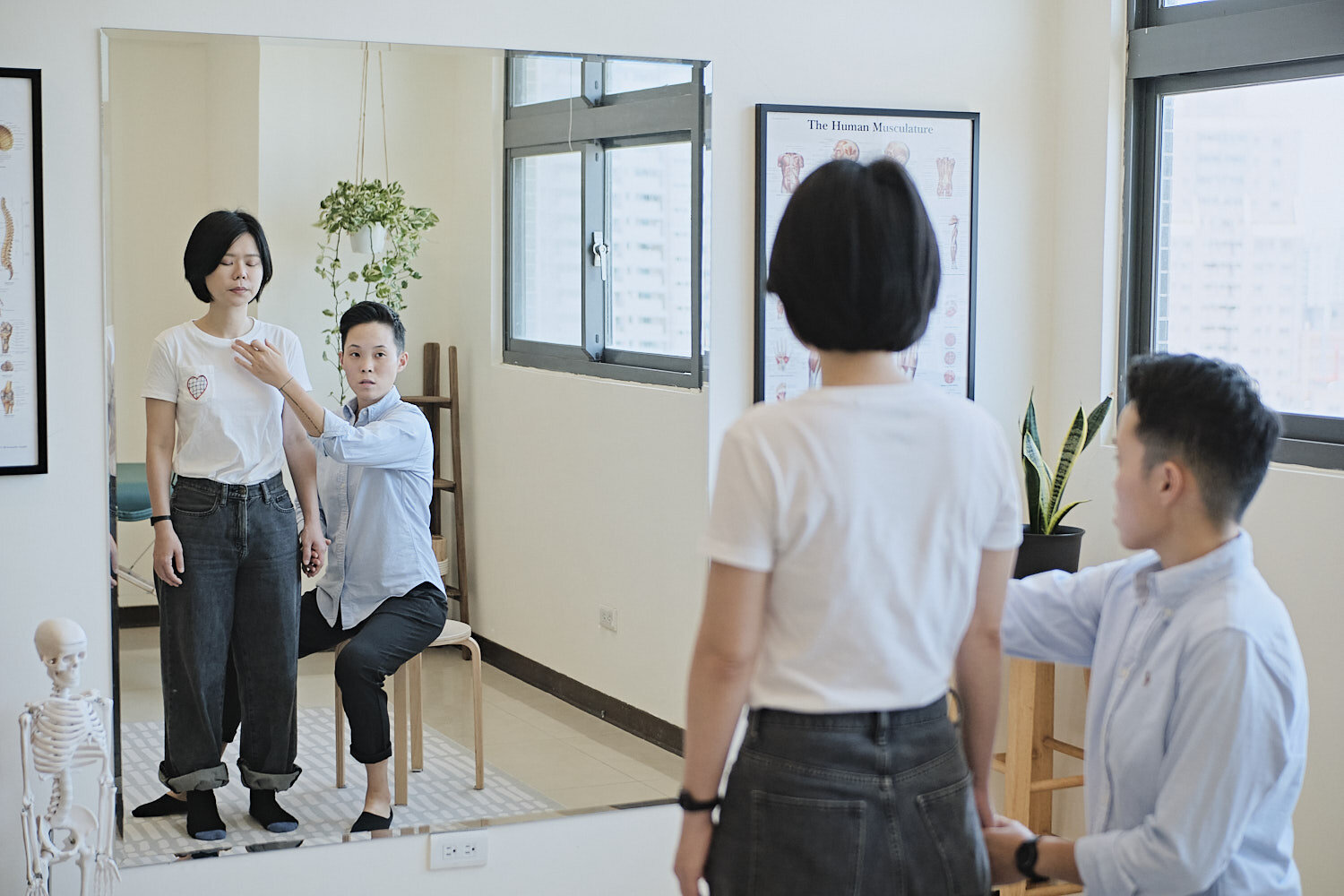The Work of F.M. Alexander
The Alexander Technique was developed by Frederick Mathias Alexander (b. 1869), an Australian actor who experienced a loss of voice when he performed. He sought out medical help and was met with disappointment when no one was able to solve his problems. Eventually he was told by a doctor that there must be something that he was doing to cause the issues, so Alexander spent the next ten years working in front of mirrors to try and figure out what he was doing that caused his vocal problems. What he discovered was a method of restoring the coordination of the body and improving the functioning of the whole individual.
What is the Alexander Technique?
The Alexander Technique is an educational process that teaches you how to use your body in the most efficient way by identifying and changing any harmful habits that you may have built up over the years. These harmful habits may be the cause for migraines, neck and shoulder pains, lower back pain, arthritis, etc. By learning to undo unhelpful habits that may have caused unnecessary tension and pains in your body, you may begin to restore your natural coordination and find more ease and freedom in your body. Students of the Alexander Technique learn to become aware of balance, posture, and coordination while performing everyday activities. Many have reported to experience a general sense of lightness in movements, an improved posture, a decrease in aches and pain, an improved balance, etc. Since we are psychophysical beings— body and mind connection— an improved physical state will also affect our mental and emotional-wellbeing. The Alexander Technique has been found popular among performers but ultimately it is a reeducation process for everyone.
Famous Pupils of Alexander Technique:
Aldous Huxley, writer
Roald Dahl, writer
Sir Colin Davis, conductor
Julie Andrews, actress
Sir Charles Sherrington, 1932 Nobel Prize for Physiology or Medicine
Nicholas Tinbergen, 1973 Nobel Prize in Physiology or Medicine
George Bernard Shaw, playwright
Yehudi Menuhin, violinist
Alan Rickman, actor
Lupita Nyong'o, actress
John Dewey, educationalist and philosopher




